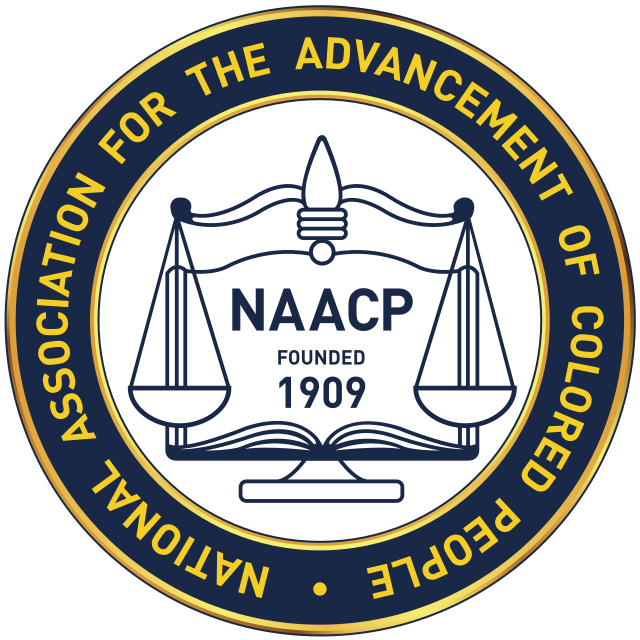
Dr. Martin Luther King, Jr. (January 15, 1929 – April 4, 1968) was an American civil rights leader, activist, and Baptist minister.
King's legacy has inspired activists fighting injustice and for freedom, equality, and peace.
His involvement included the Montgomery bus boycott; the Albany Movement; the Birmingham campaign; the March on Washington; the St. Augustine movement; the Selma to Montgomery marches; and the Chicago Freedom Movement, as well as others.
On April 4, 1968, King was assassinated at the Lorraine Motel in Memphis, TN. The Lorraine Motel is now the National Civil Rights (Smithsonian) Museum.
Martin Luther King Jr. Day:
Observed on the third Monday in January (in 2024- January 15th).
On August 27, 1984, President Reagan established 98 Stat. 1473 to observe the Federal holiday honoring Martin Luther King Jr.
On January 18, 1986, Reagan signed Proclamation 5431, marking the first observance of his birthday as a national holiday.
Some states, at first, avoided observing the holiday by giving it a different name or combining it with other holidays. Official observance in all 50 states law and federal law happened in 2000.
Here are examples of states' alternated names:
- Arkansas: Dr. Martin Luther King, Jr.'s Birthday and Robert E. Lee's Birthday until 2017.
- Legislation changed observance to Robert E. Lee to October(when he died).
- Mississippi: Martin Luther King's and Robert E. Lee's Birthdays.
- New Hampshire: Civil Rights Day until 1999.
- Virginia: Combining King's birthday with the established Lee–Jackson Day.
- Lee–Jackson Day commemorates Confederate commanders, Robert E. Lee and Stonewall Jackson
- In 2000, Lee–Jackson Day was moved to the Friday before Martin Luther King Jr. Day.
- Lee-Jackson Day was eliminated in 2020.
- Wyoming: Martin Luther King Jr./Wyoming Equality Day.
- Liz Byrd, the first black woman in the Wyoming legislature, brought a bill before the Wyoming Legislature nine times to establish Martin Luther King Jr Day as a paid state holiday. Eventually, in 1990, it was compromised to cover both names because it would not pass otherwise.
Did You Know?
Due to the lack of support from several states, Stevie Wonder used his music to advocate for a Martin Luther King Jr. federal holiday with his song Happy Birthday(1980).
The song wasn’t a hit at first, however, he continued to perform it at concerts and events, advocating for the celebration. Stevie Wonder testified to Congress in 1983 hoping to sway the majority in his efforts of advocacy.
Learn more here: ‘Happy Birthday’: Stevie Wonder Helps Create Martin Luther King Day



